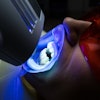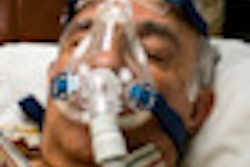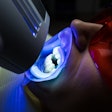The number of children with obstructive sleep apnea (OSA) declines as they enter adolescence, but the teen years can be a devastating trial of behavior and learning problems for kids with persistent OSA, new research shows.
The study, conducted by researchers from the University of Arizona, was presented June 12 at Sleep 2012, the annual meeting of the Associated Professional Sleep Societies (APSS) in Boston.
The researchers studied 263 children at two different time periods in their young lives approximately five years apart. Among children who continued to suffer from OSA into their teens, they found a higher rate of problems with attention, hyperactivity, aggressiveness, difficulties controlling their emotions and managing social situations, and a diminished capacity to independently care for themselves.
Rates of impairment defined as at-risk or clinically significant by standardized psychology measurements were double and triple among the young people with OSA compared with their peers without respiratory issues, they noted.
These findings could not be attributed to sex, race, or ethnicity, body mass index, or age, the researchers noted. The results also suggest that the absence of OSA or even its remission is a protective factor as children move into adolescence, they added.
"If left untreated, OSA negatively impacts a youth's ability to regulate their behaviors, emotions, and social interactions," said lead study author Michelle Perfect in a press release. "These behaviors can interfere with their ability to care for themselves and engage in socially appropriate behaviors -- skills that are needed to be successful in school."



















